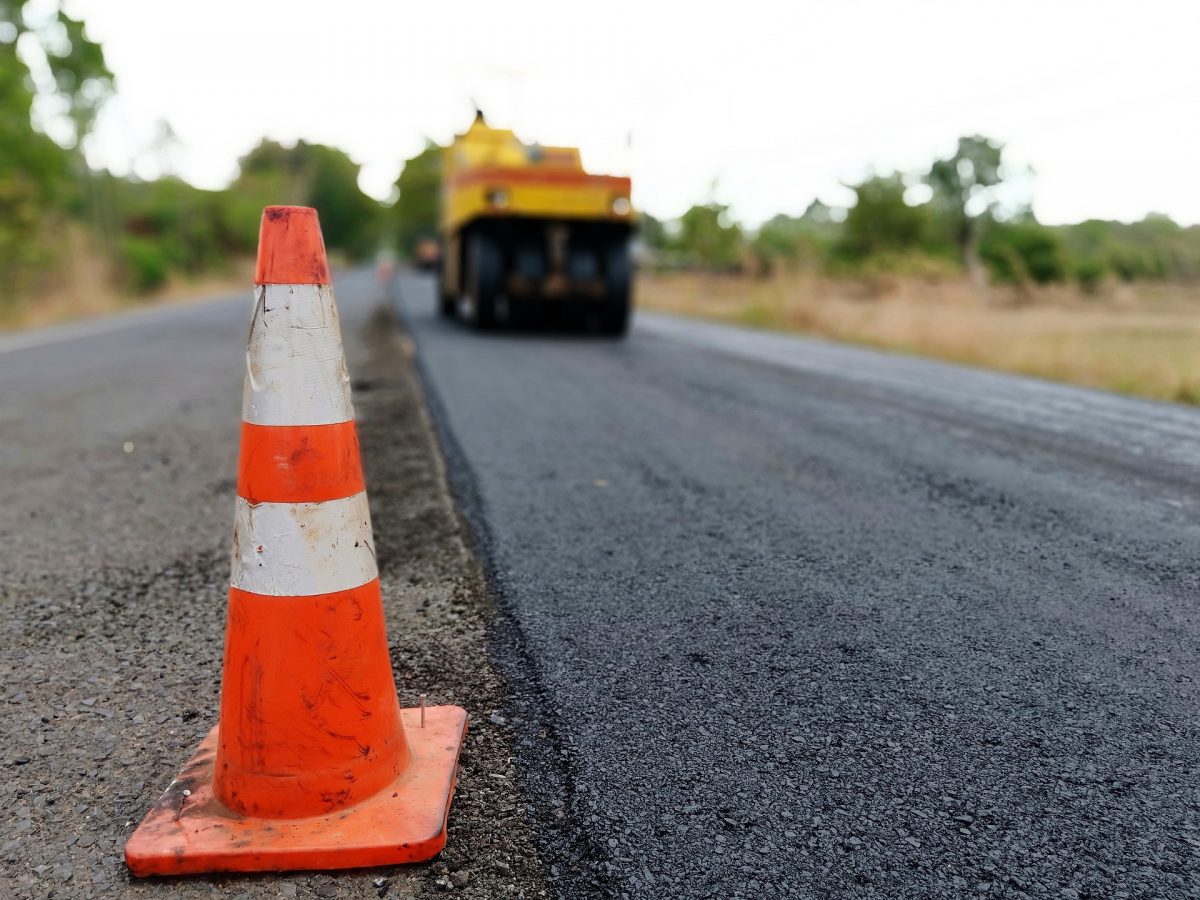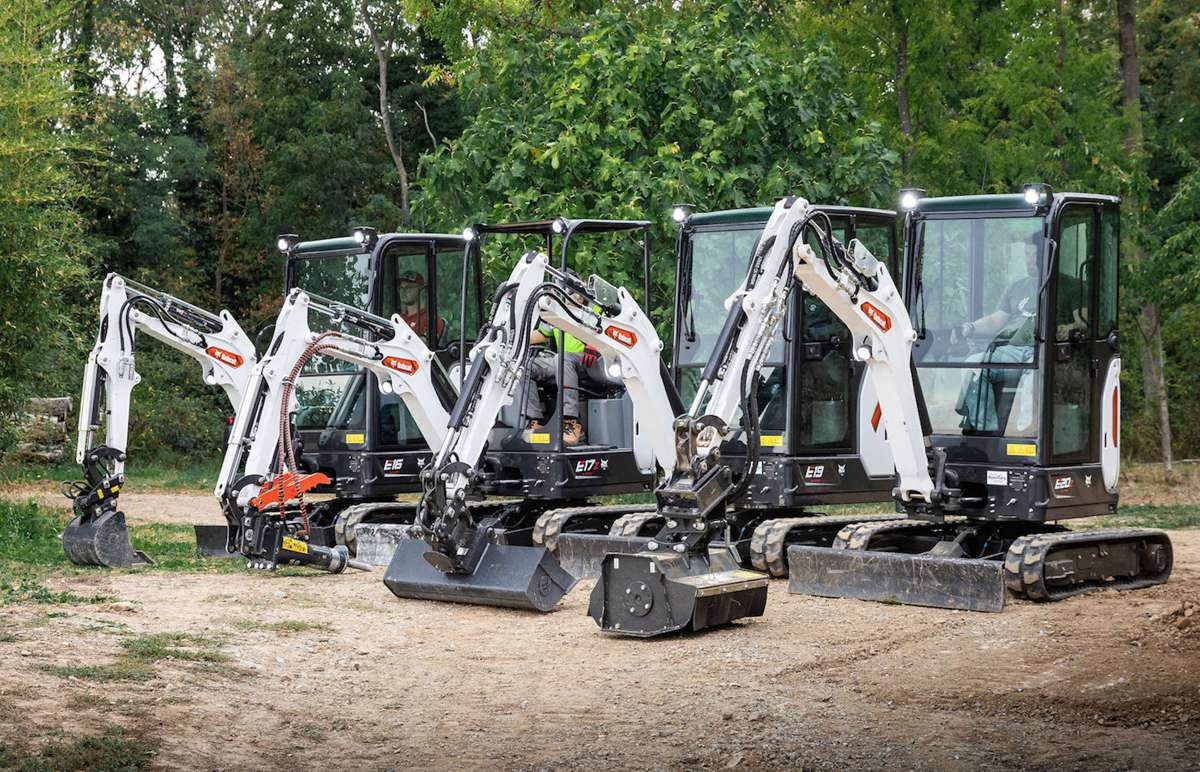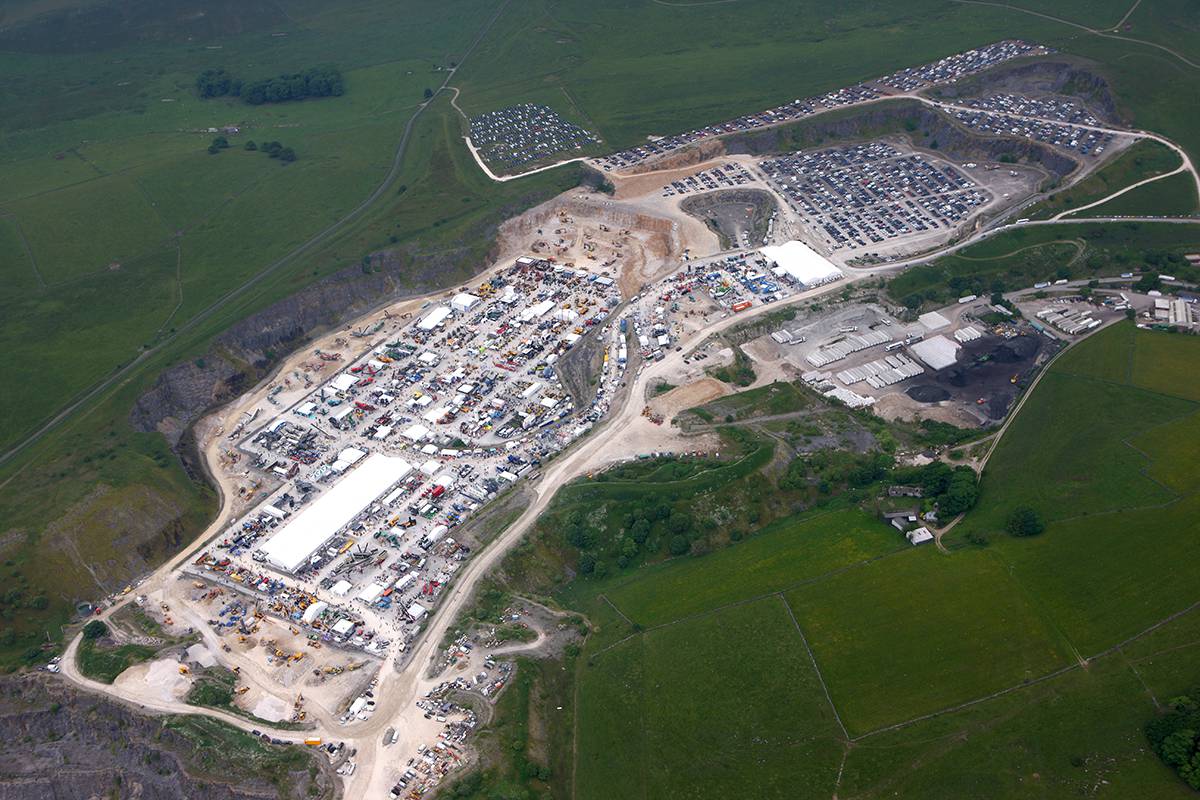Highways England to introduce autonomous plant on maintenance projects
Highways England plans to revolutionise construction and maintenance schemes on the strategic road network by introducing the use of connected and autonomous plant (CAP), using analysis and practical trials led by TRL.
Highways England has a vision to successfully harness the benefits of deploying highly automated construction plant. For this innovation project under the technical leadership of Highways England, TRL will bring together stakeholders from industry and academia to support the delivery of a roadmap, through a focused and collaborative development programme.
A research team led by TRL will firstly identify the key technological and strategic milestones needed to achieve Highways England’s Digital Roads agenda, to implement intelligent and automated practices by 2050. The project will explore the worker safety and welfare benefits, as well as benefits related to construction quality, productivity and costs that arise through automating activities that currently require human intervention. TRL will then lead a field demonstration of cutting edge CAP technology to test these benefits in reality.
Working alongside heavy construction plant is widely acknowledged as one of the most dangerous jobs in the UK, with workers exposed to multiple risks including on-site construction plant, hazardous buried assets and the presence of live traffic.
Highways England’s innovation supply chain manager for safety, engineering and standards, Muneer Akhtar said: “Highways England’s first priority is safety – for those using our roads, and for those who work there. We see the potential for great benefits of greater automation of vehicles to deliver improved safety and increased mobility. Connected and autonomous construction plant has huge potential to reduce the risk for construction workers and improve productivity. As a leading construction client, Highways England is committed to working across industry to advance this emerging technology as part of our £150m innovation designated fund.”
Speaking about this new project award win, TRL’s Alex Wright, Chief Technologist, explains the opportunity CAP presents to the road construction and maintenance sector: “Previous research has demonstrated a link between CAP and reduced risk to worker safety during excavation practices. Findings suggest that significant social and financial benefits would be delivered through the introduction of automated methods of detecting hazards and alerting operators of excavation systems, to avoid asset strikes.
“This has provided a baseline of what CAP can achieve but its potential is much greater. CAP could also be introduced to benefit wider construction activities. Location-based technologies could improve monitoring and sensing of workers across construction sites, to reduce general exposure to hazards from site vehicles and vehicles driven by the public, for example. These technologies could also enhance the construction process; through improved logistics for plant, control of plant vehicles to constrain movement, and to benefit the construction of road pavements via the delivery of smoother and better compacted surfaces. However, CAP’s rate of development has been slow to date and as a result adoption of such innovations are missing from operational standards, leaving the industry unclear about the opportunities available.”
Warning of the dangers of complacency, Alex Wright continues: “Given the wide range of potential applications, there was a risk that the absence of a strategy would lead to poor coordination and introduction of CAP. So, by initiating this project, we can address the issues and determine how this powerful new technology can best be applied to bring about positive, tangible change and revolutionise the industry as we know it.”
TRL is a global centre for innovation in transport and mobility. It provides world-leading research, technology and software solutions for surface transport modes and related markets engaged in intelligent, new mobility innovations. Established in 1933 within the British Government as the UK’s Transport Research Laboratory, TRL was subsequently privatised in 1996. Today, TRL has more than 1,000 clients across 145 countries, driving positive societal and economic benefit worldwide.
Head-quartered in the UK, nearly 1/3rd of TRL’s business is with overseas organisations. Its international focus covers Europe, India, Africa & Middle East, plus wider Commonwealth countries, supported by strategic collaborations in North America and Asia Pacific.






























